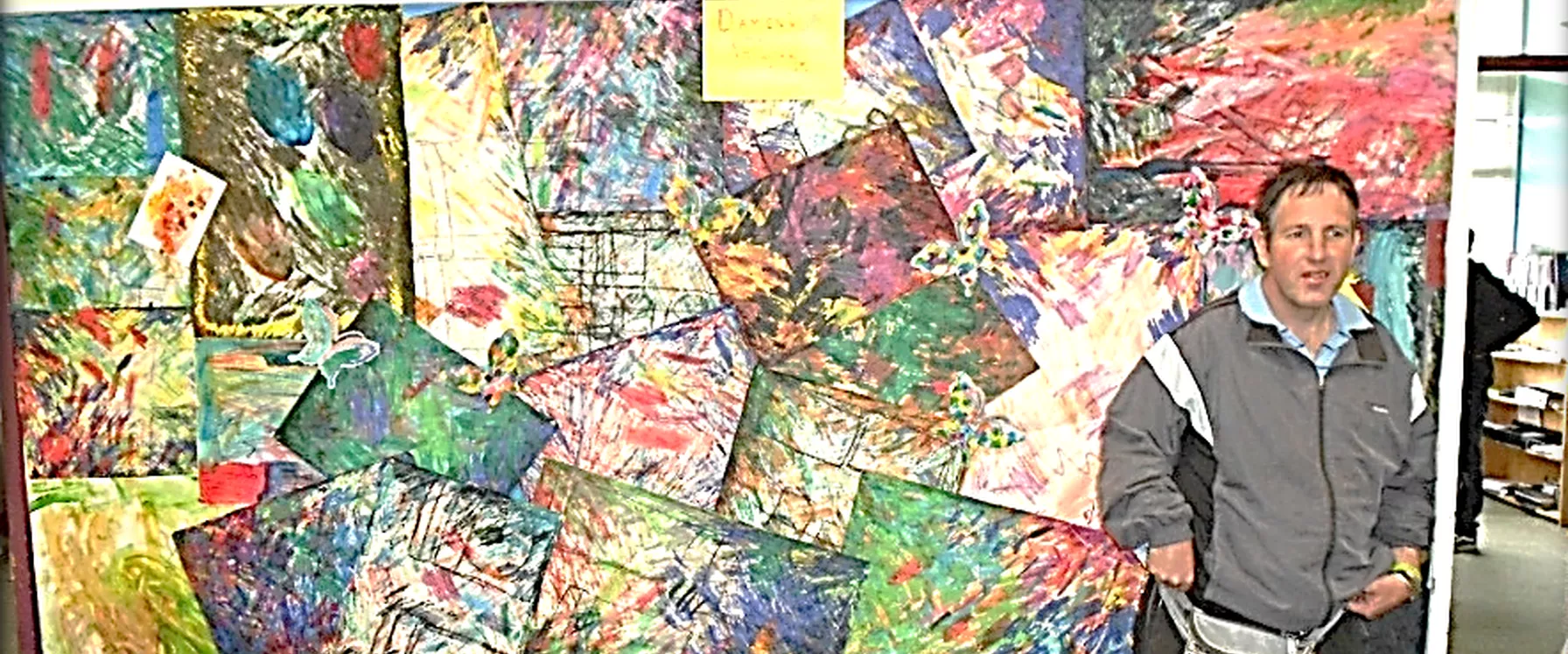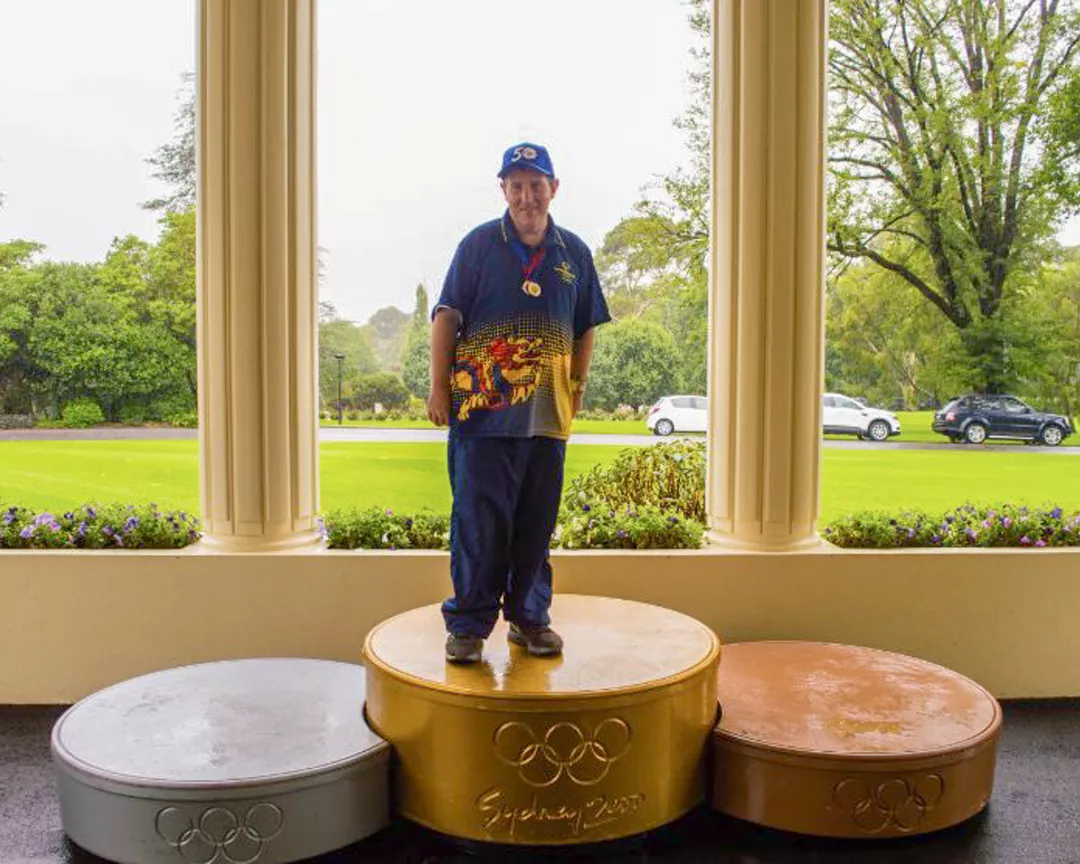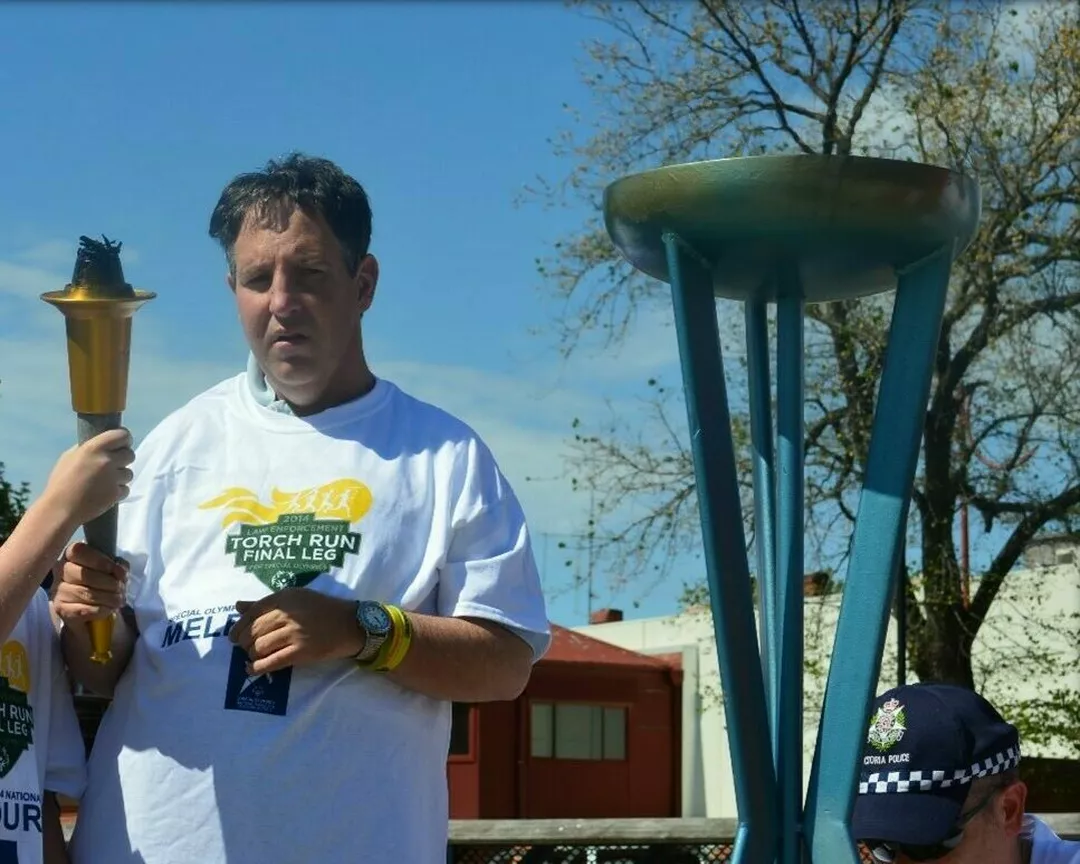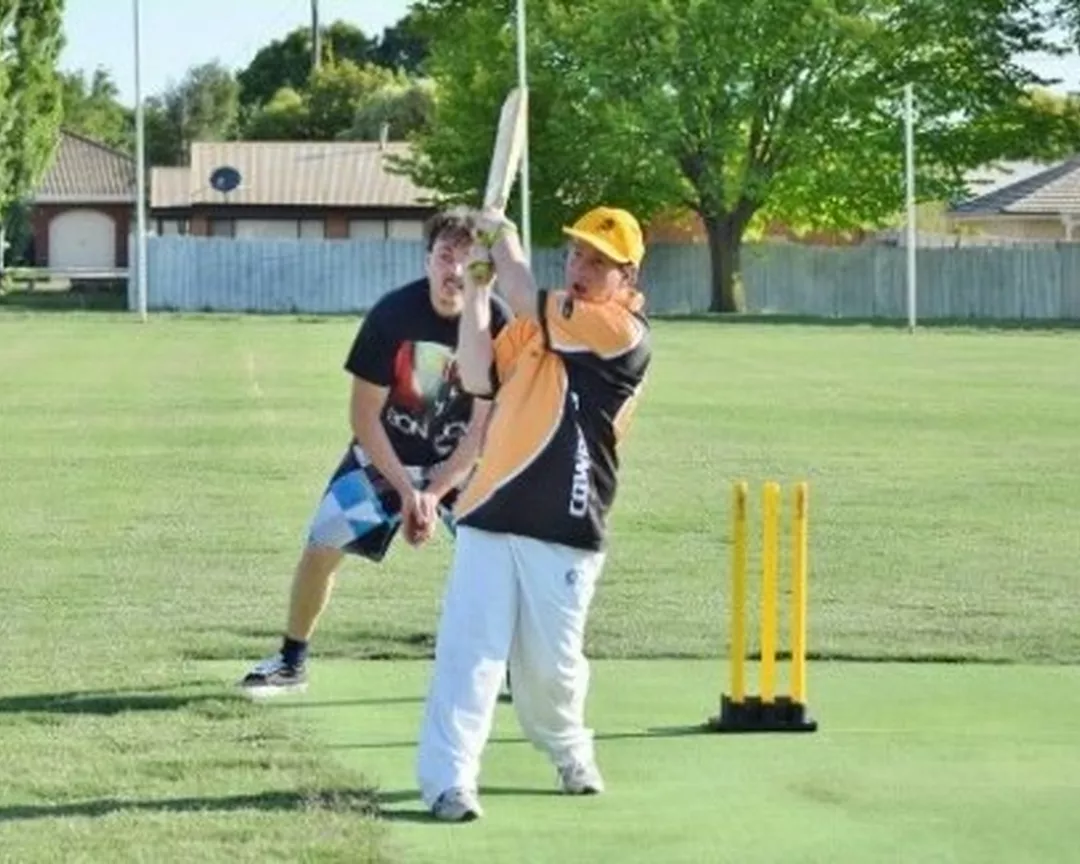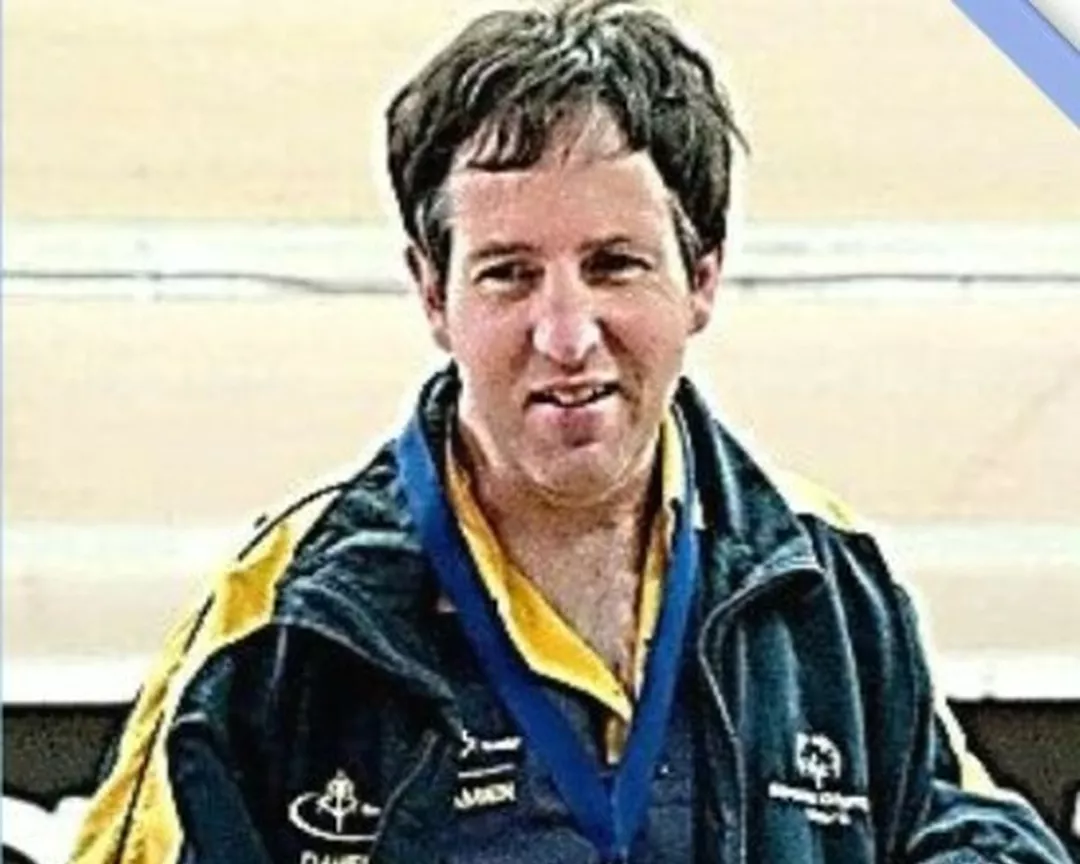
For Katherine Haggarty, hearing about how far research into congenital heart disease has advanced brings a bittersweet joy.
Today, around 95 per cent of babies born with congenital heart disease are expected to survive to adulthood, due to advancements in treatment options. It is no longer an immediate death sentence.
But it was not so long ago that the story was very different.
In 1970, Katherine’s son Damien was born in Melbourne with TGV, a serious type of congenital heart disease where the positions of the major blood vessels to the heart are switched.
“At the time, there was no hospital or surgeon in Australia who could perform the corrective surgery needed to give Damien a chance of survival,” Katherine recalls. The only option was to travel overseas, something far out of their reach.
The first year of Damien’s life was a tough one for Katherine, with the fear that any breath could be his last. But then she was offered a lifeline.
In 1971, at the age of one, Damien was given the chance to have the Mustard procedure – a type of open heart surgery to correct his heart defect. Damien’s surgery would be only the third time that the procedure had ever been performed in Australia.
Unfortunately, while his heart defect was corrected, Damien acquired brain damage during the procedure, due to its relative newness. He was sent home paralysed down one side, unable to support his own head. Doctors did not expect him to live past five years of age.
Damien turned 52 this year.
Damien visited Government House in Canberra, where he was one of 100 Special Olympians who met the CEO of International Special Olympics, Dr Tim Shriver.
At the time, Katherine was told to “Put him in an institute and forget you had him.”
“I was referred to as a ‘non-compliant mother’ because I refused to give up on my son,” Katherine says.
“There was little if any support for families. But this changed in the 80s through deinstitutionalisation, when care for children with a disability became community based. We began to see people with a disability finally being accepted in the community.”
Despite all the odds, many battles, and continually pushing boundaries, Katherine continued to keep Damien at home. Along the way, she became a strong advocate for people with disabilities.
While Damien has the neurological age of a child under five and requires around the clock care, he has achieved more than Katherine could ever have dreamed when she first held him as a baby in her arms.
He ignited the flame at the opening ceremony of the 2011 Special Olympic Games, has played cricket at the Melbourne Cricket Grounds, received numerous medals for sporting activities, and is an avid artist with a wall of art on display.
“Damien has taught me so much about life. He has challenged and shaped many core values, like tolerance, humility, respect, justice, anti-discrimination, simplicity, faith, dignity, patience and gratitude, to name a few.”
The success rate of congenital heart disease surgeries and treatments has drastically increased, and there is a growing population of adults born with congenital heart disease who are now living longer than ever before, thanks to advances in medicine and technology.
“We are so privileged and blessed to share in Damien’s life, and it is so wonderful to hear how treatment for congenital heart disease has advanced.”
How is HRI helping?
The Clinical Research Group is working on several exciting projects that will help to transform – and save – the lives of people with congenital heart disease (CHD).
With the Congenital Heart Alliance of Australia and New Zealand (CHAANZ), the Group is creating a CHD register to maximise the quality of life for CHD patients by providing the best of care for their life journey, by identifying deadly gaps in the healthcare system. This will be the largest compiled database on CHD in the world and the only resource of its type in Australia.
The Group is also conducting the world’s first randomised controlled study into the benefits of exercise for people with CHD. This information will then be used to develop guidance that can be rolled out across all corners of Australia via hospitals and telehealth services – including to remote areas and Indigenous populations that are at higher risk of cardiovascular disease.
How you can help
Stay updated on HRI’s latest research and health tips: subscribe to our e-newsletter
Related research areas

